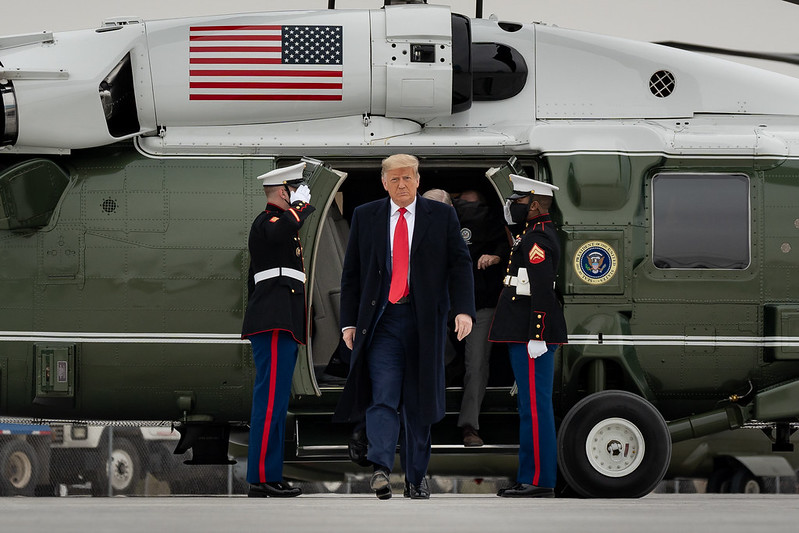CNN military expert and retired Brig. Gen. Mark Kimmitt stated on Saturday night that he was “impressed” by the “deception and trickery” employed by the Trump administration prior to the airstrikes on Iran’s nuclear program.
“Well, I’m fascinated and, candidly, I’m impressed. I never really could understand what the two-week pause meant or what it was for. What was left to negotiate? What were we going to expect the Iranians to offer?” he said to CNN anchor Anderson Cooper.
“In many ways, it was much like a Trump deal. I mean, he’s trying to make a deal to buy an apartment, but all of a sudden, the apartment was destroyed. So where’s the negotiation? So I think the use of deception and trickery in this case—first of all—was successful. But second of all, saved the potential loss of American lives,” he said.
“Let me ask you, just in terms of, like, bomb damage assessment—how long will that take? I don’t know if that’s something the U.S. does, if Israel is doing that, or some combination thereof,” Cooper asked.
“Well, you can anticipate that every intelligence-gathering asset that the United States has—from satellite, to communications intelligence, to human intelligence—is now focused at least on Fordow to make sure that they have an accurate reading of what damage has been done to that site. And if there’s going to be a need for attack or re-attack,” Kimmitt said.
“How — I mean, when you have a site like that which is so deeply—so deep underground and in the side of this mountain—how hard is it to get accurate bomb damage assessment if you don’t have, you know, I mean, from satellite imagery—if you do not have special forces on the ground, actually inside a facility?” Cooper said.
“Well, hopefully you’re hearing and intercepting their communications—whether it’s digital or whether it’s voice—to get some sense of what happened down there. But you’re absolutely right. You probably will only get a 10% answer to that question. I would not want to be the targeteers and the bomb damage assessment teams that now have to turn to the president and say, ‘We got it,’ ‘We didn’t get it,’ or ‘We didn’t get it enough,’” Kimmitt responded.
“Likely there will be a need for a re-attack. It certainly could have damaged, but probably did not destroy the facility. So we’ll just have to wait and see when that information comes in to the president—what his next action is going to be,” he said.



